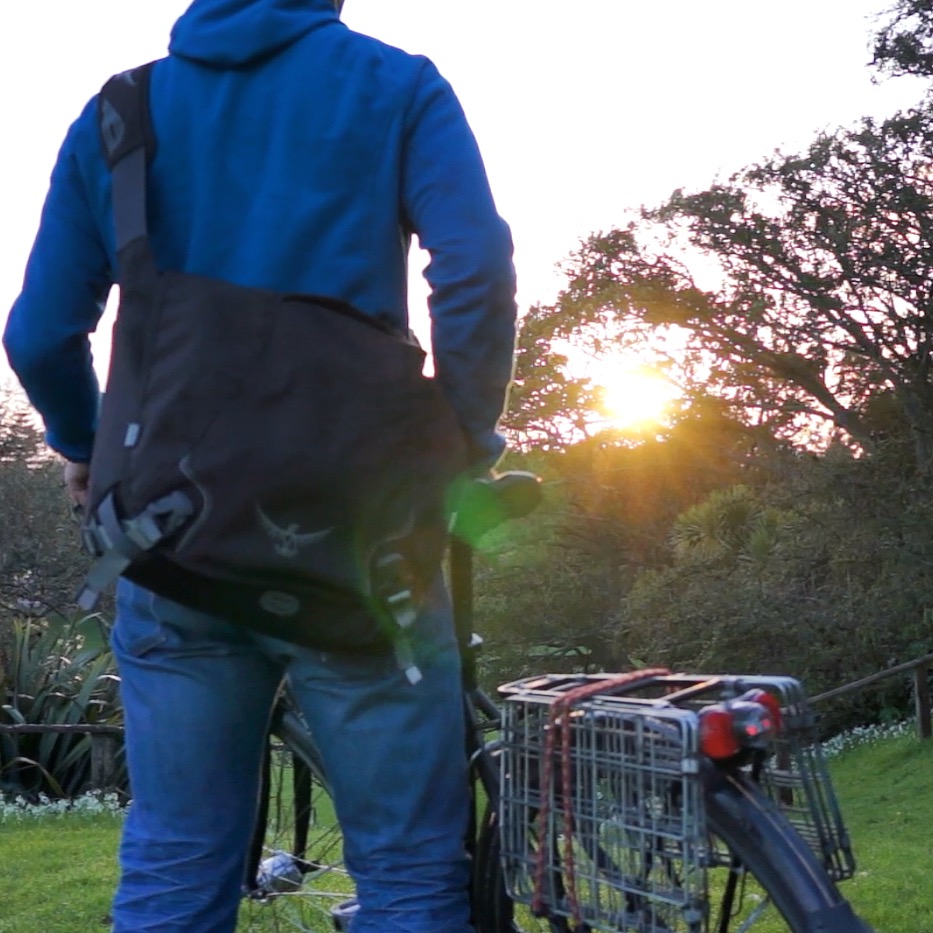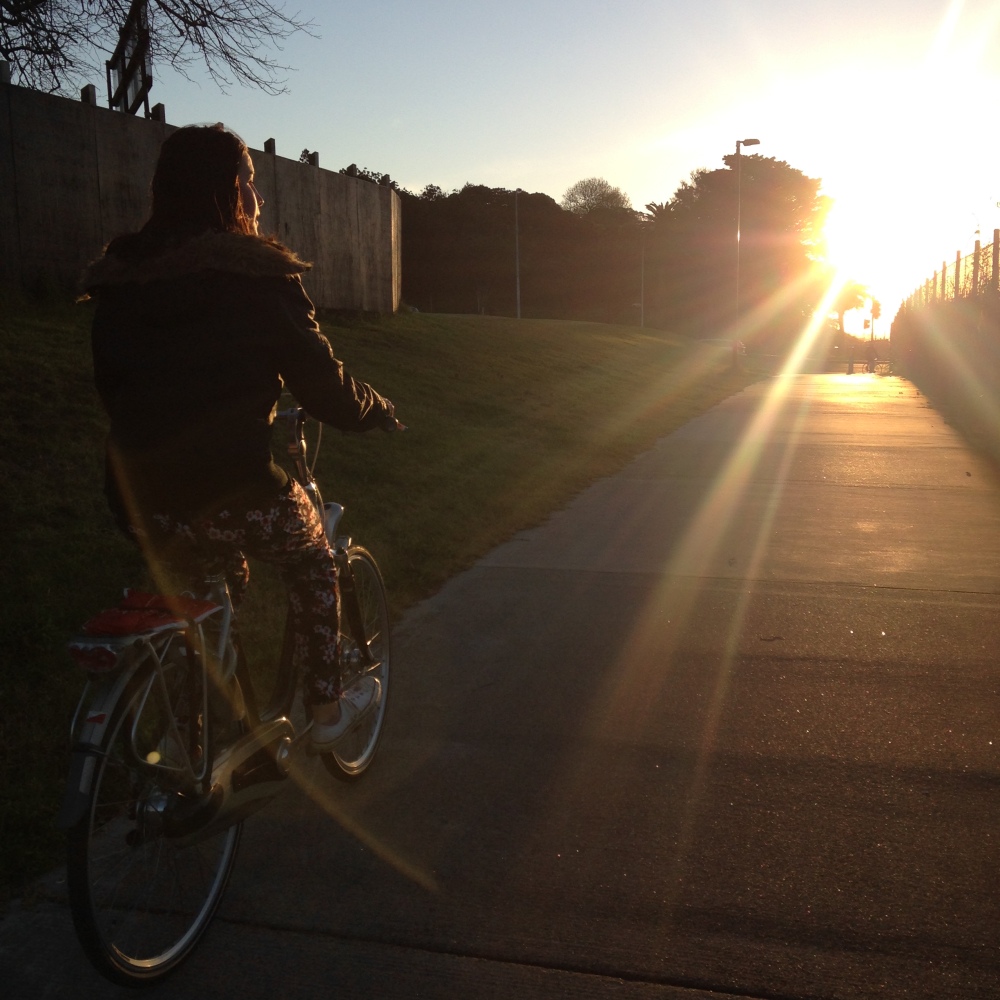
Choose your imagery wisely. Research shows it does matter.
Apologies. It’s been a while. I’ve been spending most of my time recently, with my teaching hat on. But that hasn’t been such a bad thing. As it turns out, I am discovering that the issues that education faces (and society, in general) appear to have a variety of common threads. Those common threads seem to me, to be about, figuring out ways to make progressive change. How do we achieve better learning outcomes for all students? How do we achieve better transport outcomes for commuters?
My effectiveness as a teacher has increased markedly ever since I opted to go ‘evidence based’. As a result of implementing an evidence based teaching pedagogy, I have witnessed an amazing growth in achievement amongst all students. And of course, this success can be measured in test scores. Better test results equate to better learning outcomes. Easy. But more importantly, I can identify the actions that lead to this success. There is a correlation between my teaching practice and the achievement of better learning outcomes.
But there is another component to effective teaching that is equally important. In the teaching business, it is called student ‘agency’. It is a measurement of the quality of the conversations that students are having – with their teacher and among the students themselves. Conversations that reflect curiosity and inquiry. The teacher’s role is to provoke and stimulate these conversations. That’s where learning is at its most powerful. Self-generated, self-sustaining. Once again, a correlation exists; between the level of student agency and better learning outcomes.
Can you see the link yet?
As far as I can see, in the business of getting people on bikes, success is being measured in two ways. Firstly, it is being measured in terms of raw numbers. Bodies. On. Bikes. But I want to ask these questions. What ‘actions’ are generating these people to ride? Do the numbers stack up in terms of mode share? i.e. Is there a correlation between the actions to get more people riding bikes and people actually riding bikes? I mean, the number of people may be going up, but so is the population. It’s possible, eh?! And besides, who are these people? Why are they riding? Secondly, success seems to be measured in the number of meters of cycle paths being painted. This is problematic. Just like the existence of a well appointed, functional classroom is no guarantee that effective teaching will be taking place. Boosterism is no substitute for the implementation of successful strategies.
And how are we doing on the ‘agency’ front? How are those conversations going? Are we experiencing success? Based on my daily interactions with people and motorists, I see no evidence of any significant change in attitudes towards cycling. In New Zealand, the conversations around cycling are still in the realm of sport and recreation. It’s an activity enjoyed by special interest groups. Its perception is still a long way from that of a normal everyday activity. Based on my experience in teaching, I am not surprised by this. That’s because the promotion of student agency is not standard practice in the education sector, either. It is a strange reality when implementing evidence based teaching practice results in one being seen as an outlier. That’s because it requires a very different mindset and way of thinking and engaging. It requires a willingness to allow the expertise of the crowd to come to the fore. It requires the leader to be good at managing and enhancing human interactions.
While I take no pleasure in critiquing advocacy groups, I also think there is a validity and value in doing so. To be effective, advocacy needs social movements that will give them the space to be bold and advocate for bigger and faster change. In order to do that, they need to be good at listening and engaging with a range of ‘voices’ and nudging the conversations in a more constructive and meaningful direction.
‘Cycling’ is sport and recreation. ‘Riding a bicycle’ is everyday activity. No sweat. As easy as walking, but faster.
Get involved via: Twitter, Facebook, Flickr.

